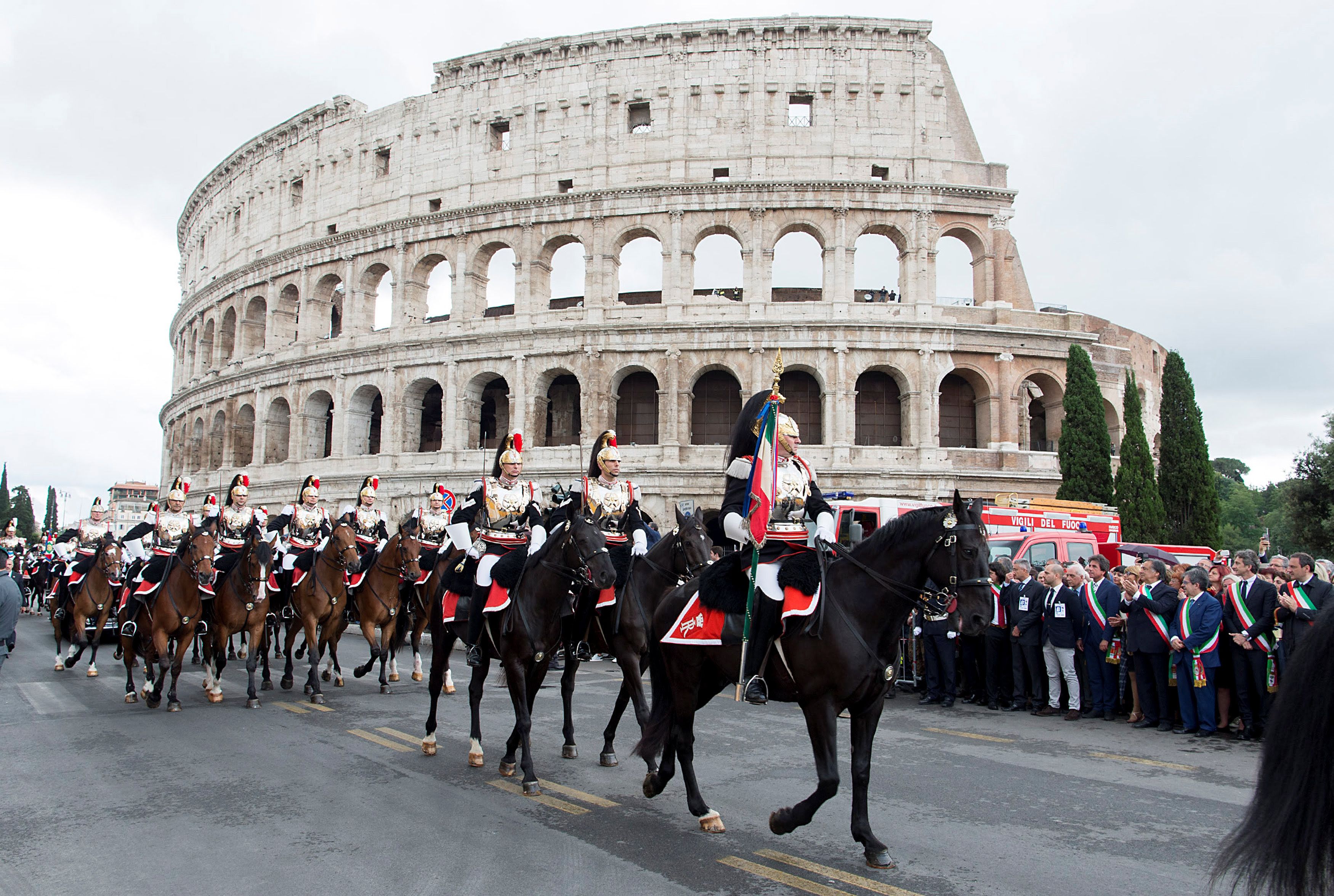How do long-dead empires (some longer dead than others) continue to shape politics and prosperity in today’s world?
All Roads that led to Rome lead to prosperity too. It’s generally accepted that building better infrastructure is a way to boost economic growth and prosperity. Politicians love infrastructure investments as ways to boost employment, reward certain constituencies, and plump up support ahead of elections. But a new study suggests that those benefits can last for hundreds, even thousands of years. A team of Danish researchers has found that areas of Europe where the Romans built the most roads are generally more economically prosperous today. The finding is doubly intriguing when you consider that, as the researchers point out, the Romans built roads primarily for military reasons (to facilitate troop movements) rather than economic ones (trade routes weren’t the main consideration.)The P/Russian divide: Roads aren’t the only imperial legacies that continue to show up in Europe today. The imperial border that once divided today’s Poland between the Russian empire and the Prussian empire correlates almost exactly with the electoral map in elections since the return of democracy in 1989. Voters in the Western areas that used to be part of the Prussian empire, which invested more heavily in industrialization and development, have tended to vote for more socially liberal parties, while voters in the historically less developed parts of the country once under Tsarist control have tended to favor more conservative and nationalistic parties.
Have a look at the voting maps of Poland’s last presidential and parliamentary elections. As this wonderful overlay of the old imperial border shows, districts in the former Prussian part of the country supported the centrist Civic Platform while those in the erstwhile Tsarist empire went for the more right-wing Law and Justice party, which is currently in power.
Are there other imperial legacies that continue to shape political affiliations and economic development patterns today? Let us know your thoughts.
